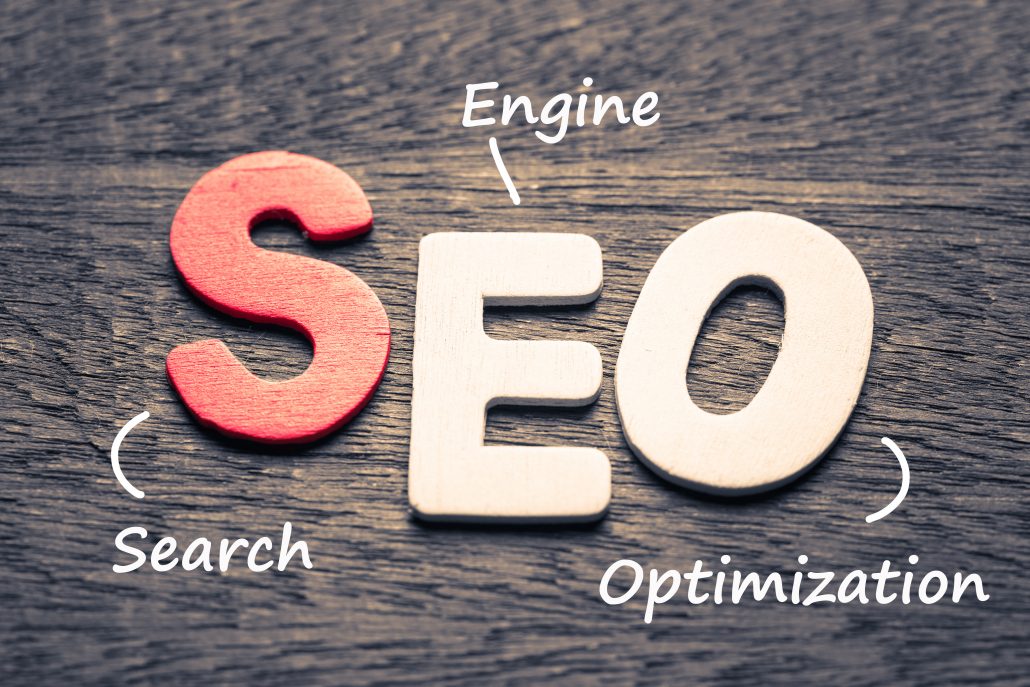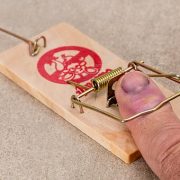SEO Basics
What is SEO?
SEO stands for “Search Engine Optimization”. It is the process of organically optimizing the content on your website to position your website higher in the rankings when searched by a customer. Search engines (e.g. Google, Bing, Yahoo) use a list of factors to rank each webpage in the results. These factors and their weight is always evolving. They include: Keywords, Reviews, Social Media, Citations, Visitor Behavior, and more.
What is a Keyword?
One of the most important SEO factors is Keywords. When someone does a search, for example, “Retirement Financial Advisors in Toronto”, the search engine will scour every page of every website to find matches for that sentence and for each individual word. The search engine will present the results in order of best matching. “Retirement” “Financial” “Advisor” and “Toronto” are all keywords and search engines are crawling through your webpage for these words. Using commonly search terms in your content will help match your page to what your customers are searching for. Remember Keywords are not the only SEO factor and there are more criteria that rank your page.
How does Google work?
Google’s search engine is a powerful tool. Without it, it would be impossible to find the information you need. Google uses various algorithms to generate search results. (Adapting a website for these algorithms is SEO.) Like most search engines, Google uses automated programs called spiders or crawlers to search its index of keywords and the matching webpages.
On-Page SEO vs. Off-Page SEO
On-Page SEO refers to the quality of your website’s content. On-page optimization is structuring a webpage to ensure it gets found by a search engine. This also increases overall readability for your website. On-Page also includes what is in the back end of your website too. Such as: Meta descriptions, Alt text, HTML code, etc. Think of On-Page SEO as Owned SEO; elements you can tweak and control immediately.
Off-Page SEO refers to your website’s overall authority and reputation on the internet. This is a result of other websites linking back to your content. Off-page optimization is a long-term process and takes the time to improve.
5 Basic Principles of On-page SEO
-
Page Copy
As mentioned above, the content of your website is very important. Producing original and high-quality content that is relevant on a consistent basis will rank high. In your content, this is where you infuse the keywords that your customers are searching for.
-
Title Tags
Title tag is the attention-grabbing clickable titles in blue when you search on Google. Google typically displays the first 50–60 characters of a title tag. If you keep your titles under 60 characters, you can expect about 90% of your titles to display properly. Make sure your title tags are keyword-relevant and concise.
-
Meta Data
Meta data is a description that accompanies the Title Tag in a search result. Google crawlers look at the Meta keywords to get an idea about the topic of the page. Meta descriptions are limited to 300 characters.
-
Heading Tags
Headings are not only a practical way to organize the page’s content to be easier to read. It also serves as additional keywords that are considered in Google’s ranking algorithm. Best Practice with Headers is to keep them between <h1> to <h3> sizing, as these are considered the most important.
-
Interlinking
Interlinking is the process of strategically linking one of your web pages to another within your website. This provides context to the search engine and the reader. A best practice is to link back to the home pages using certain keywords on other pages, this associates that keyword to your website in a search result. Linking one of your website pages to other similar pages on your website provides context to the search engine and to the readers as well.
Time to Elevate Your Websites Search Ranking
We hope this has been helpful to educate you on what SEO Marketing is and how it works. Now you are ready to get started. Keep in mind that SEO is a long-term game, so you may not be at the top of Google right away. You are competing with other similar websites/content. Finally, SEO is never finished. Google is always changing their algorithms so continued optimization is required to stay on top.












